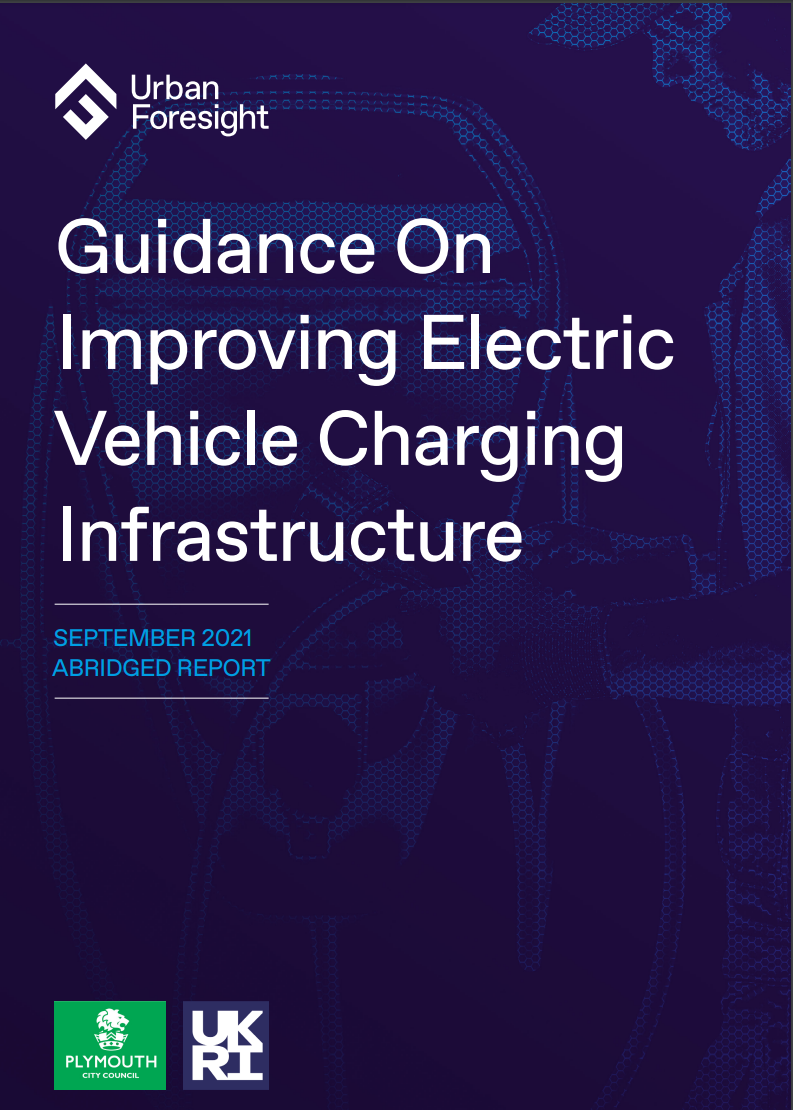This abridged report provides a summary outline of current guidance, and support to Plymouth City Council (PCC), to install EV charging infrastructure that is as accessible as possible for current and future users within a rapidly emerging market.

This abridged report provides a summary outline of current guidance, and support to Plymouth City Council (PCC), to install electric vehicle (EV) charging infrastructure that is as accessible as possible for current and future users within a rapidly emerging market.
Access to transport underpins peoples’ well-being; it enables them to get to work, go shopping, visit friends, and family. Mobility systems connect people and places, improving their quality of life, as well as the social and economic outcomes for communities. Key to achieving this will be through growing sustainable modes of mobility, including promoting the uptake of EVs by increasing the number of public charge points across the city, with accessibility and inclusivity at their core.
To deliver a network of charge points that are as accessible as possible, the following need to be fully considered:
- Space
- Hardware
- Signage
- Shelter
- Street Furniture
- Location
- Support
- Surfaces
- Lighting
- Visibility
Our report is underpinned by key learnings from our research:
- The need for consistency
- Universal design principles must be incorporated into each stage of development
- The importance of engagement with stakeholder groups
End of Preview
